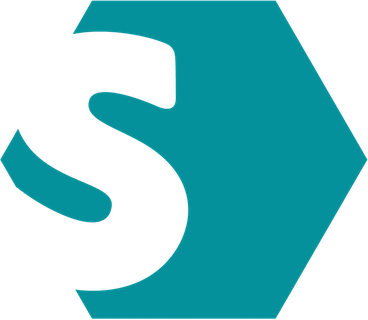In this age of digital connectivity, the nature of community has changed dramatically. While community has always involved some common purpose or identity, frequent interaction, and mutual support, in the past communities have been made up of people in close physical proximity–whether a neighborhood, church, or some other group of people seen face-to-face on a regular basis. But the computer age has led to the “de-localization” of community, allowing people of similar interests thousands of miles apart to connect with each other and create “virtual” communities. Shared purpose, frequent interaction, and mutual support continue in these communities as well.
Exchanging goods and resources–whether by barter (as begun by the earliest Mesopotamian communities) or currencies, physical or virtual–is an example of the sharing and mutual support found in communities. In the ancient world, if you raised sheep, but had a taste for cow’s milk, perhaps you traded a few sheep for your own dairy cow, or some wool for some milk.
As history marched forward, so too civilization’s methods of exchanging and sharing. Today currency is most often used for transactions, simplifying the exchanges with some mutually accepted unit of exchange (e.g., US dollars, Brazilian reais, bitcoin, points) more easily divisible for smaller transactions than sheep, cows, or wool. And our current era of technological advancement has given rise to innovative “share economy” practices such as car-lending and short-term rental platforms. These developments allow individuals to connect across borders, sharing resources and experiences with ease.
Trust is the bedrock upon which sharing thrives in any community and between any two people. Different levels of trust exist, from the implicit trust you have in your closest friend to the more tentative trust you might extend to a neighbor you don’t know well. These varying degrees of trust necessitate different forms of sharing – from casual lending among friends to carefully vetted transactions with strangers.
At Swampum, we understand the importance of this delicate balance of trust and sharing within communities and between individuals. We are designing our platform to support these different levels of trust by providing transparency and clear guidelines for safe transactions. We want to create a platform where all users have control over their information, including direct communication with exchange partners. Harnessing the power of trust and community will result in a virtual neighborhood where people can buy, sell, borrow, or lend anything with whomever they choose. This reflects the essence of what it means to be human in our technological age: to connect, share, and grow as a community.







